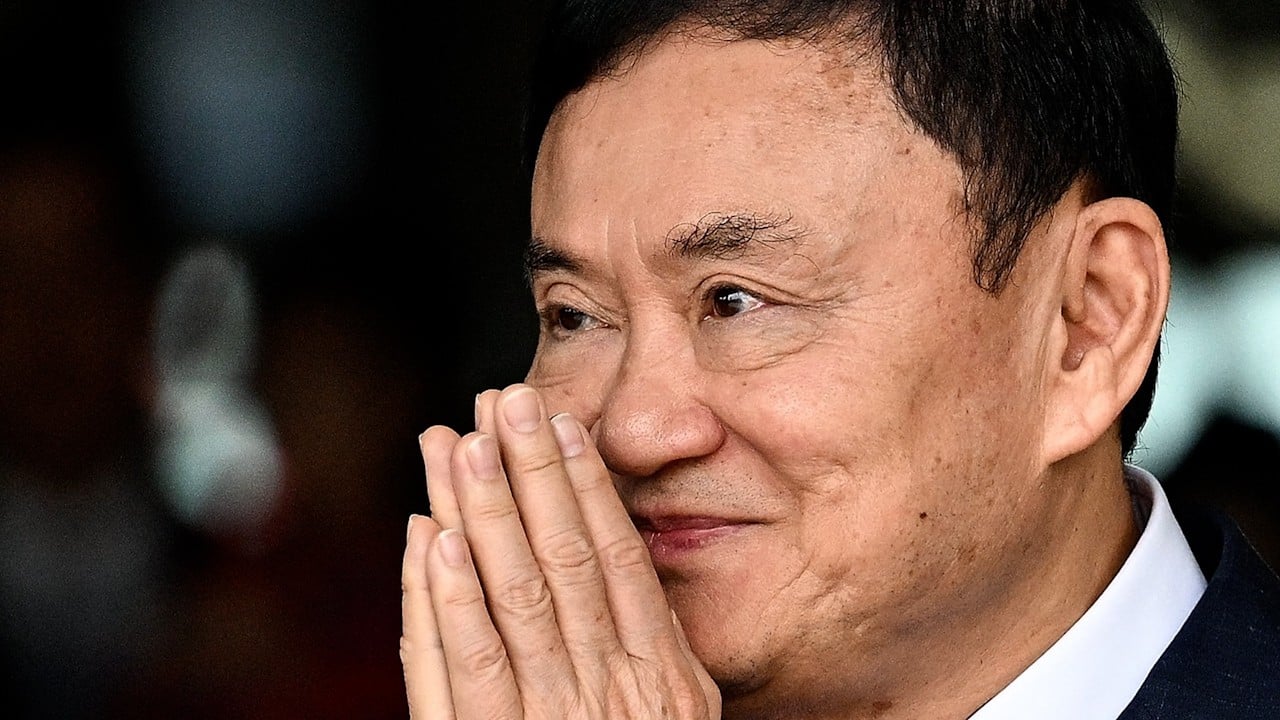The Constitutional Court will deliberate on Wednesday on a case brought by the Election Commission alleging the call to amend the tough royal defamation law – known as 112 – was tantamount to an attempt to topple the monarchy, Thailand’s apex institution.
The court has not said if it will rule on Wednesday.
The party denies the allegation, describing it as the latest ruse by an alarmed and unpopular conservative power base to weaken a pro-democracy cause they can only curb through court rulings and coups.
Thailand, a constitutional monarchy, has seen 13 coups in just over 90 years, driven by a royalist establishment which refuses to cede its interests especially after losses at the ballot box. The Constitutional Court has also played an integral role in banning parties and political leaders.
“We are as close as we ever have been to breaking the cycle,” Pita told This Week in Asia earlier this month. “We will just have to go with the flow,” he added, of the court ruling.
While the pro-democracy movement remains bullish over its long-term momentum, dissolution would be another hammer blow to the hopes of a public which has signalled its desire for major reform of one of Asia’s least equal societies.
Pita and other key executives could also face a decade-long ban from politics and further legal moves to dilute their political pull.
Ken Lohatepanont, a PHD candidate in political science at the University of Michigan, said party dissolutions of this frequency are “certainly not common” in other democracies and Move Forward would face “disruption in the short term” if it is disbanded.
“Key leaders will be banned and Move Forward’s successor party will have to work on setting up its organisational infrastructure once again. The party is also likely to suffer from several defections,” Lohatepanont said.
“However, it is highly doubtful that this party’s dissolution will dent the momentum of the MFP’s successor party.”
With Move Forward sidelined, the Pheu Thai party, underwritten by billionaire ex-premier Thaksin Shinawatra, leads a coalition government including conservatives from the much-maligned previous military-backed administration.
Unelected conservatives have seeded the instability with a trio of court moves as they seek to retain influence, analysts say, warning that their wobbling of the government may play out in unpredictable ways.
“They can keep [people] out and kick out office holders. But they cannot take office themselves because they cannot win the election,” Thitinan Pongsudhirak, a professor at Chulalongkorn University’s Faculty of Political Science and a senior fellow at its Institute of Security and International Studies in Bangkok, told Reuters.
“I think certainly we’re seeing another round of turmoil.”
Additional reporting by Reuters


